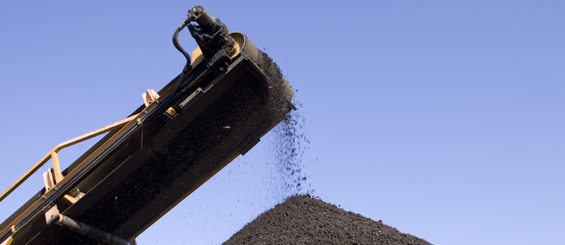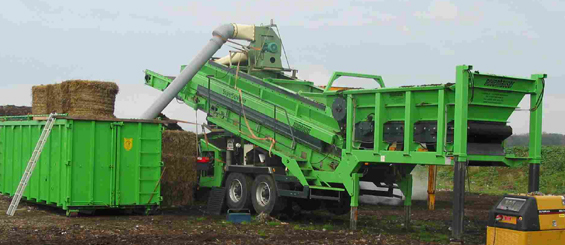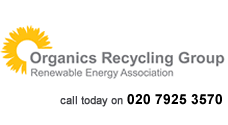Adverts
Latest update on the Waste Treatment BREF
Chapter 4 (a catalogue of techniques to prevent / minimise emissions relevant to biological treatments)
As you may recall, a biological group was formed by the Bureau (or JRC â IPTS, organisation leading the review of the WT BREF) in March 2014 and was tasked with drafting chapter 4 of the WT BREF (EU reference document containing BAT conclusions for waste treatments). This group consists of representatives of Member States (i.e. the Competent Authorities / regulators that will be responsible for enforcing BAT conclusions), and industry bodies such as the REA. You may remember that I consulted you on various occasions on the draft chapter 4 and submitted your comments for consideration to the biological group. The discussions on this chapter within the biological group have now been closed and the text has been handed over to the Technical Working Group for inclusion in the first draft of the BREF. I attach the latest version of the chapter for your information. Please note that the decisions on whether to take this text forward in the first draft of the WT BREF document rests with the JRC.
Over the past months the biological group was particularly pro-active and volunteered to draft Chapter 5 of the BREF, which sets out the conclusions of what is Best Available Techniques for the biological treatment sector. I previously consulted you on various drafts of Chapter 5, however there are still ongoing discussions and comments being put forward by different stakeholders on the text, so this has not been finalised as yet. The main criticism on the text comes from some Competent Authorities (i.e. environmental regulators), which consider that the text is too loose in some places and it should include indicative ranges for operational parameters (e.g. moisture levels, C:N ratio etc.).
Plant specific data collation
You may recall that in July 2014 the JRC-IPTS launched a plant-specific data collation which will be used to draw Best Available Techniques and define BAT AELs (emission levels) for the waste sector.
Data were collated from 315 plants across Europe (110 installations for biological treatments). The UKâÂÂs response for biological treatments was the highest, however there are numerous gaps and omissions in the data submitted.
The JRC is in the process of assessing the data using their own methodology, which they are not prepared to disclose at this stage. However the biological subgroup has also been looking at the data collated and, so far, the conclusions seem to be that the data would support the setting of emission limit levels (ELVs) or efficiency ratios at EU level only for ammonia, dust (for MBT facilities/mixed municipal wastes) and possibly odours where abatement technologies for exhaust emissions exist (e.g. in enclosed systems). ELVs for gas engines should also be specified. The Competent Authorities (in particular the Austrian, German and UK regulators) involved in the biological group have been tasked with proposing ELV/efficiency ratios and associated monitoring requirements, but these will have to be agreed within the biological group before they are put forward to the JRC-IPTS.
It would be extremely useful if you can flag as soon as possible (and at the latest by 23rd March) if you have any specific concerns about setting limit levels for the parameters specified above (ammonia, odours and dust). It would be useful if you can give me an indication of what would be the minimum ELVs that you would be able to achieve for ammonia and odours at the point of emission.
Delegation of the biological sub-group meeting in Seville / 26th and 27th March 2015
A delegation of the biological sub-group, including REA, will meet the JRC in Seville on 26th and 27th March to discuss the next steps of the waste treatment BREF review and put forward the biological sub-groupâÂÂs proposals.
Next steps
First draft of the revised BREF:
During third quarter of 2015 (around September 2015)
Last update: 11/03/2015
visitor comments
Members' Area
Become a Member!
Join the Organics Recycling Group at the Renewable Energy Association by clicking below.
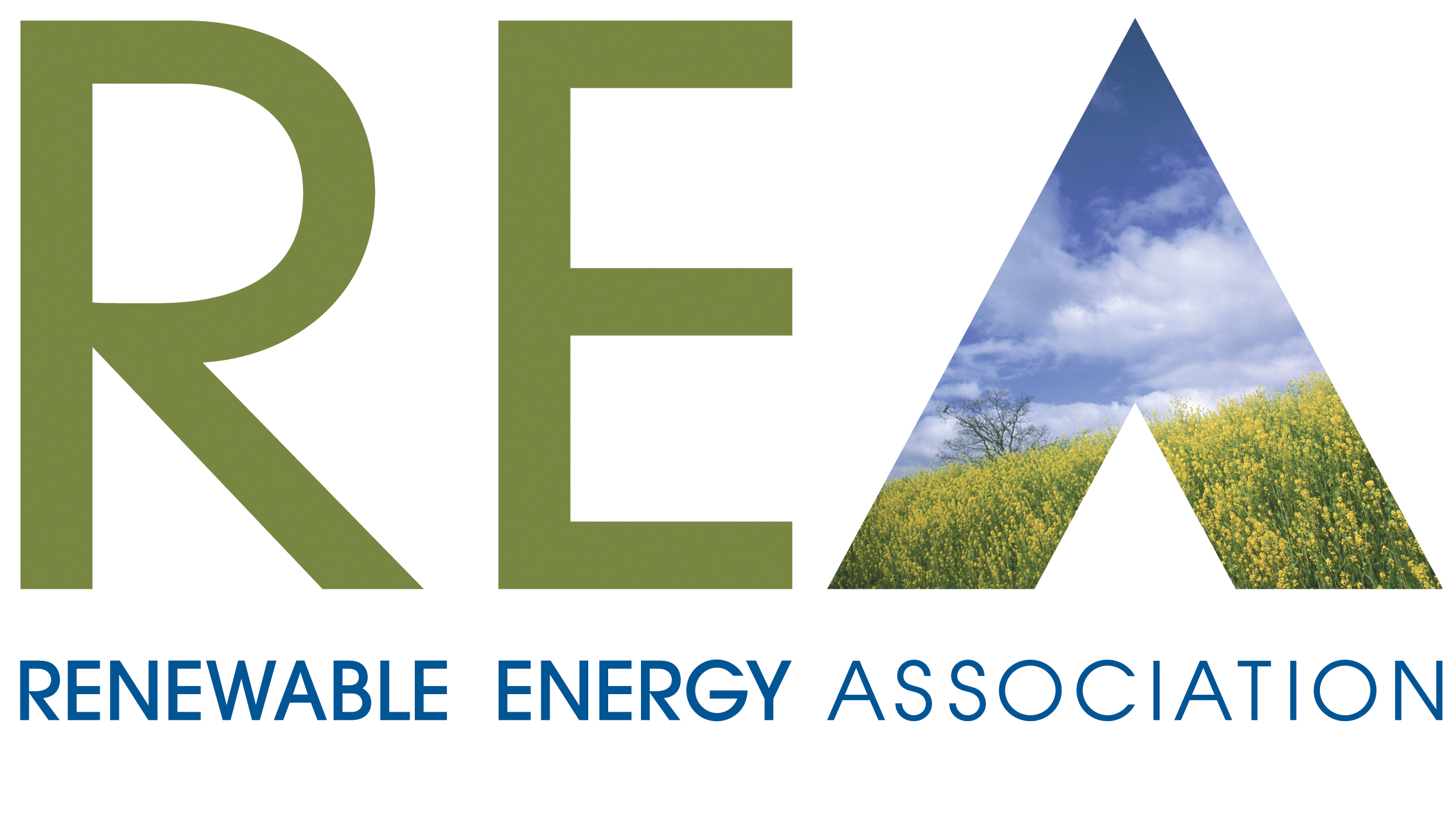



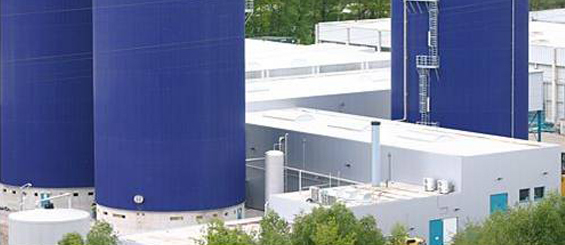
.jpg)
